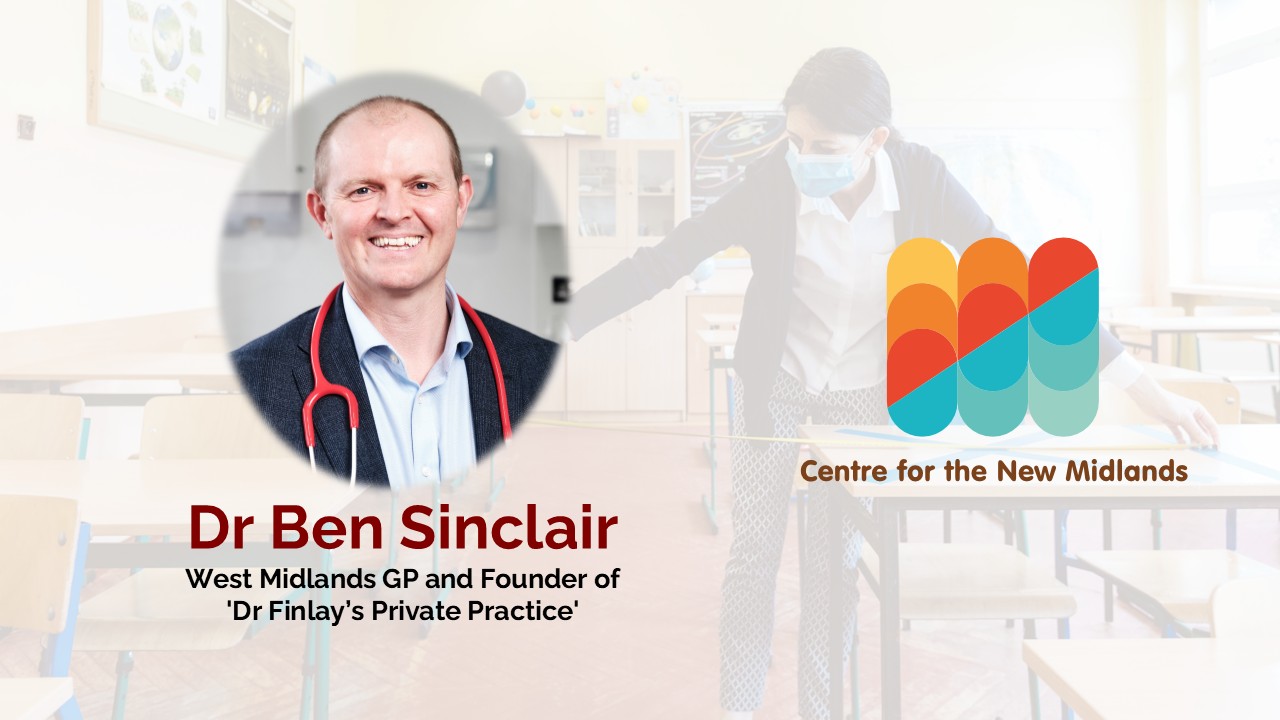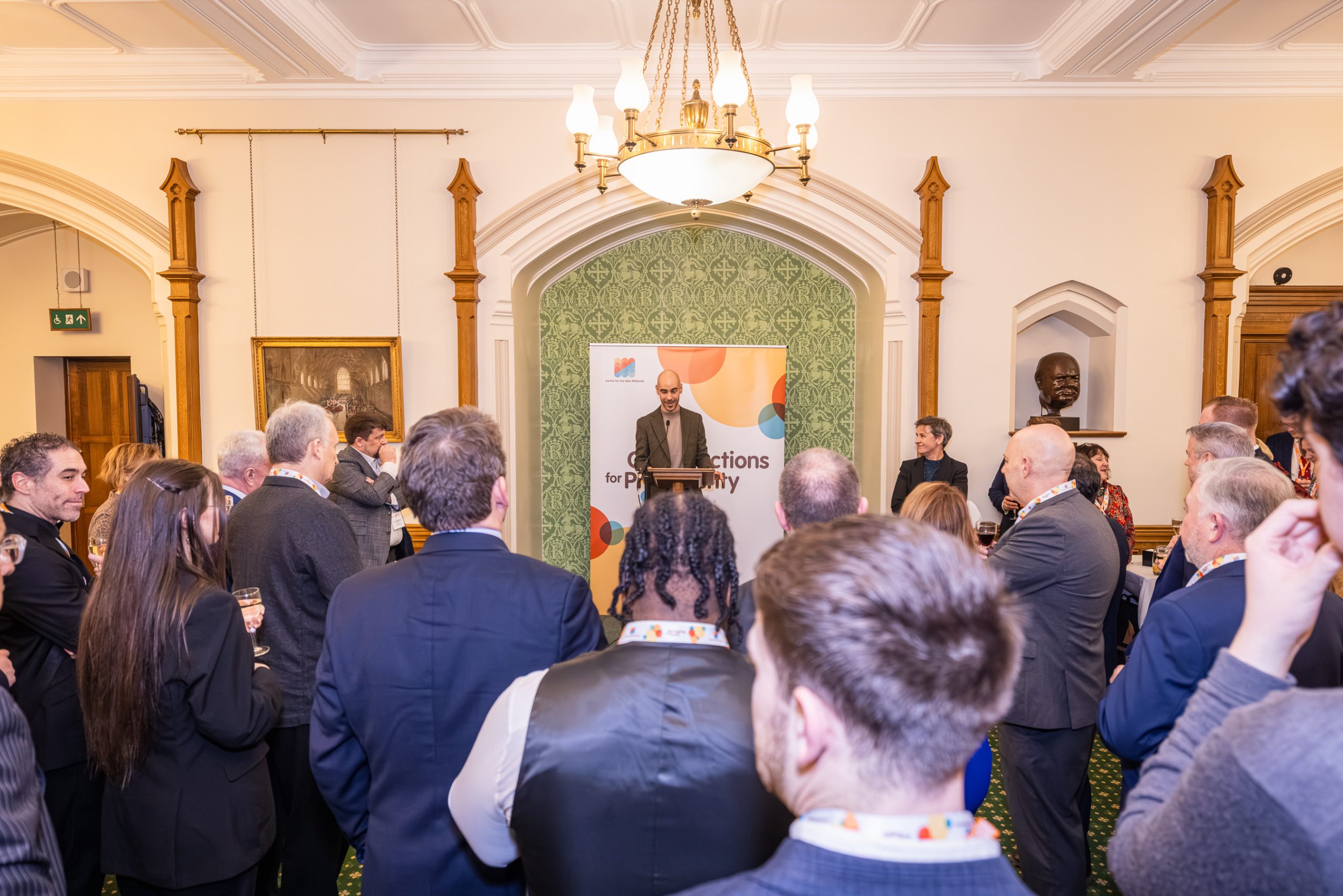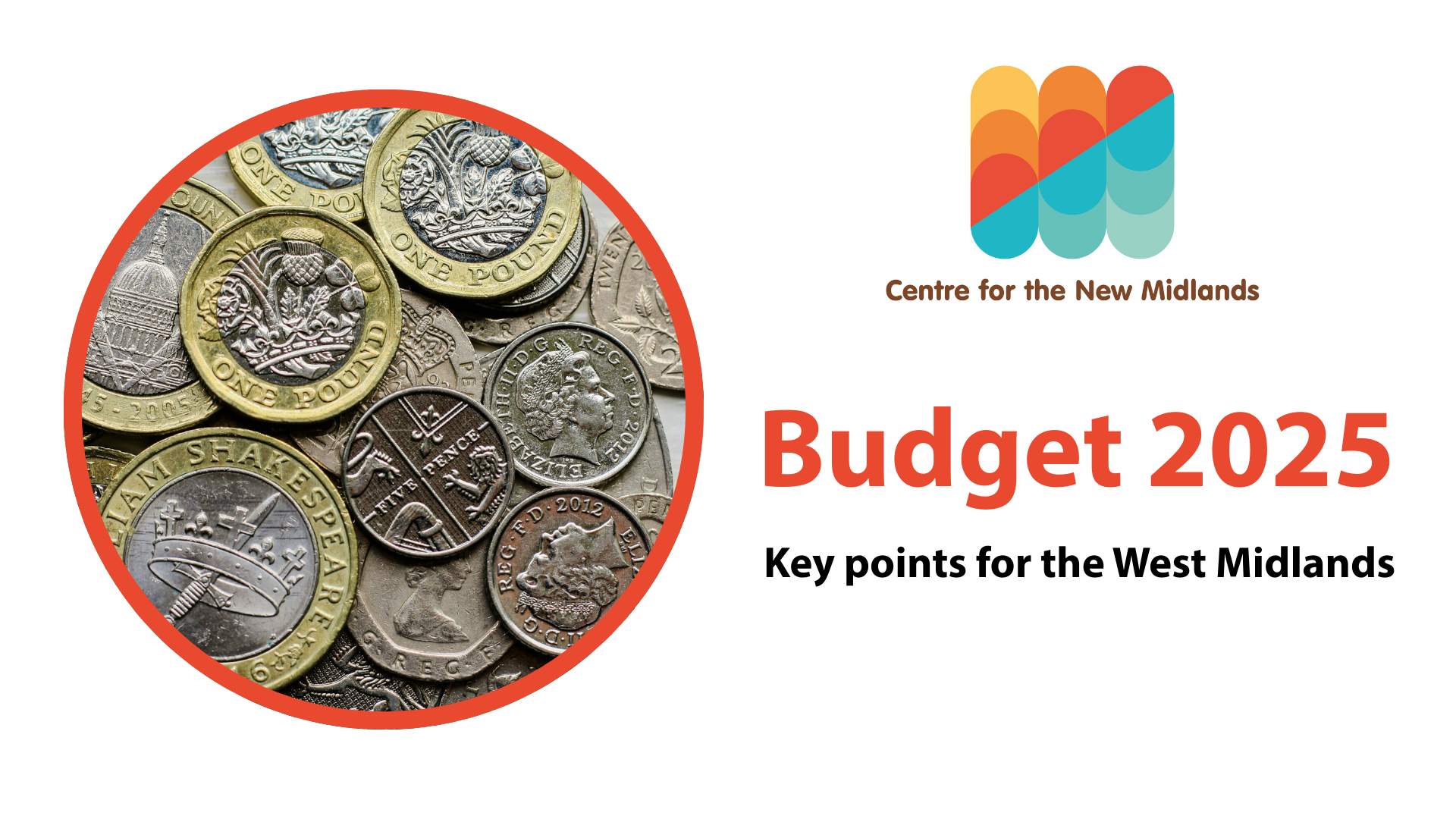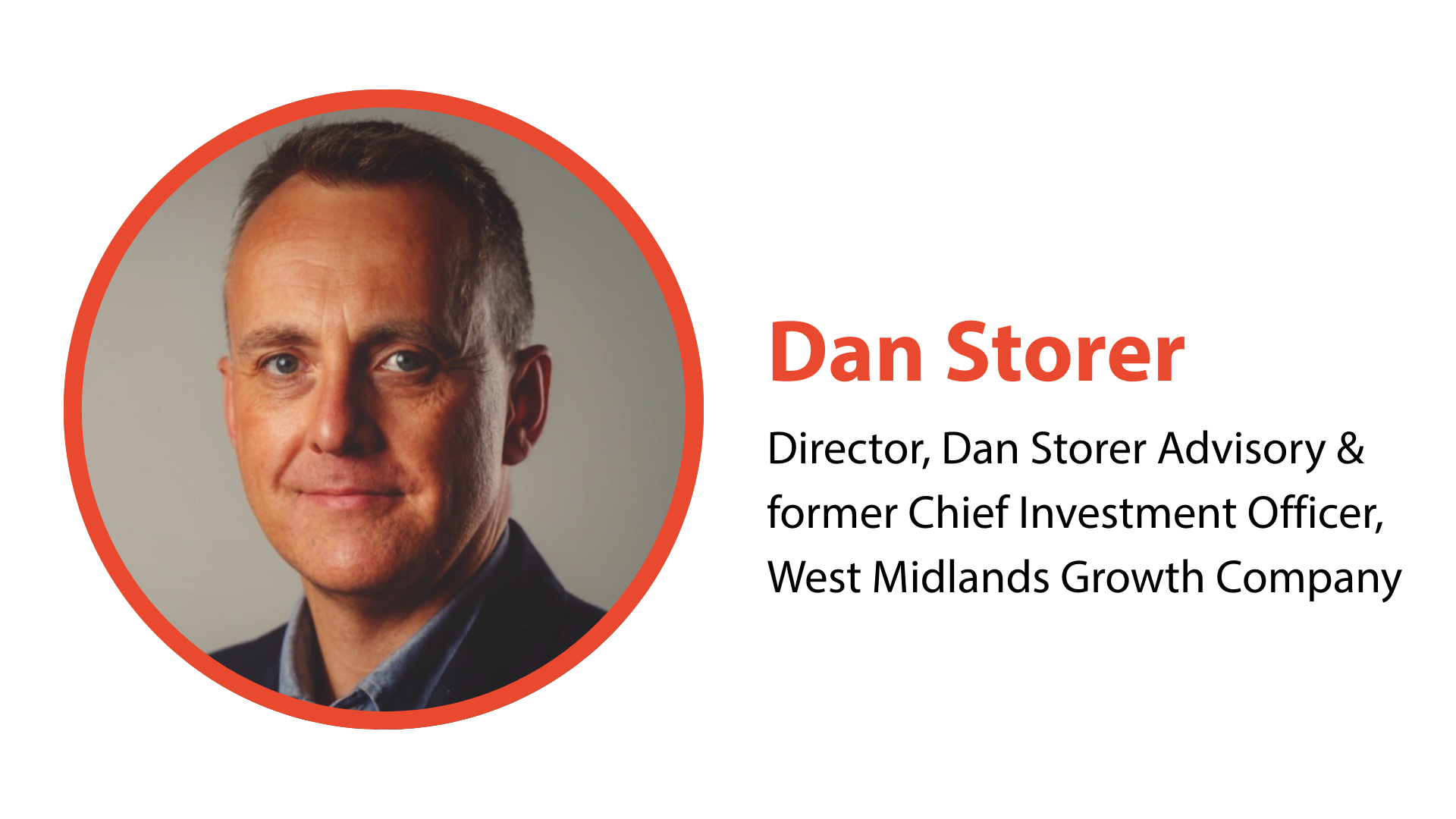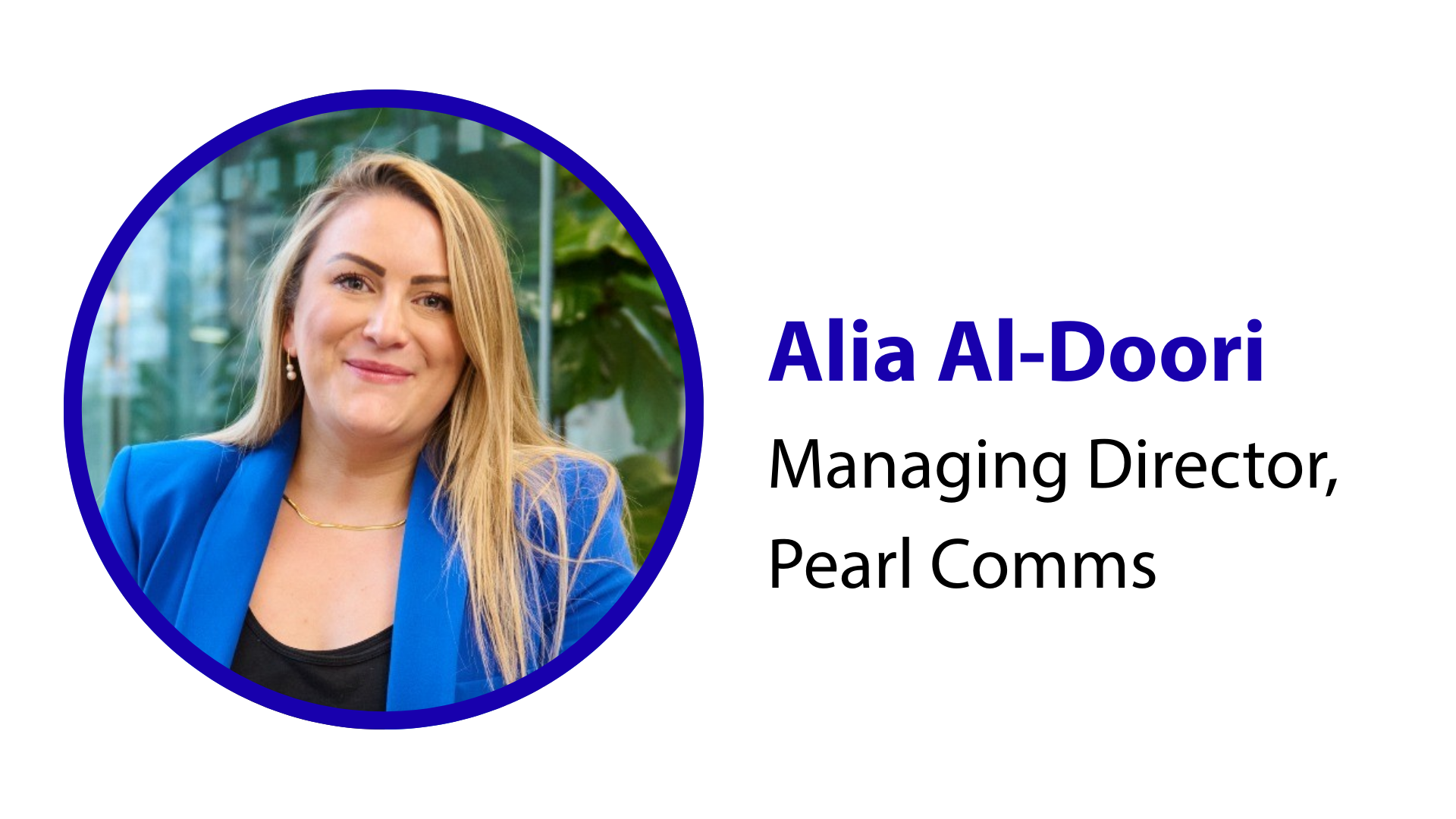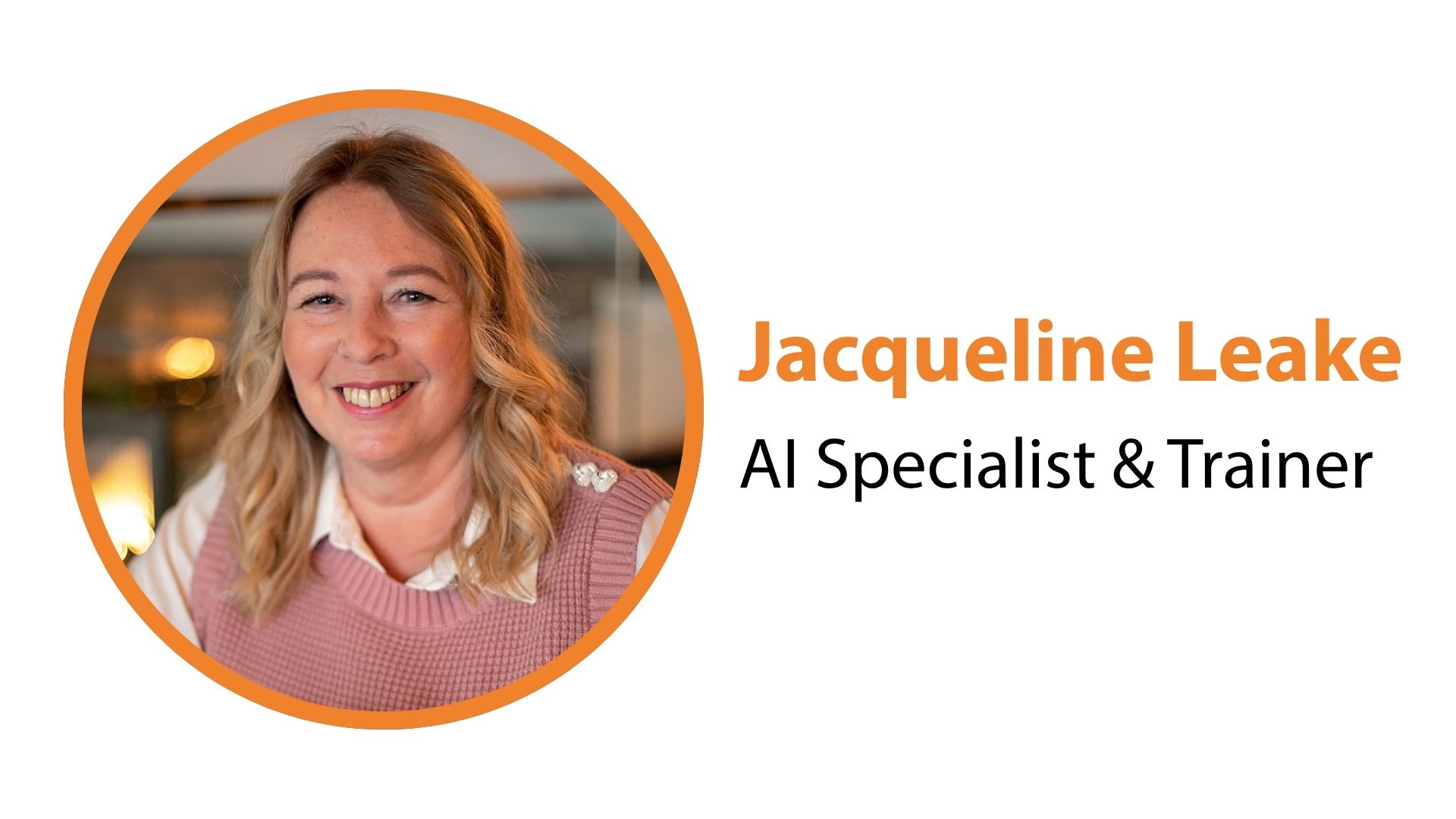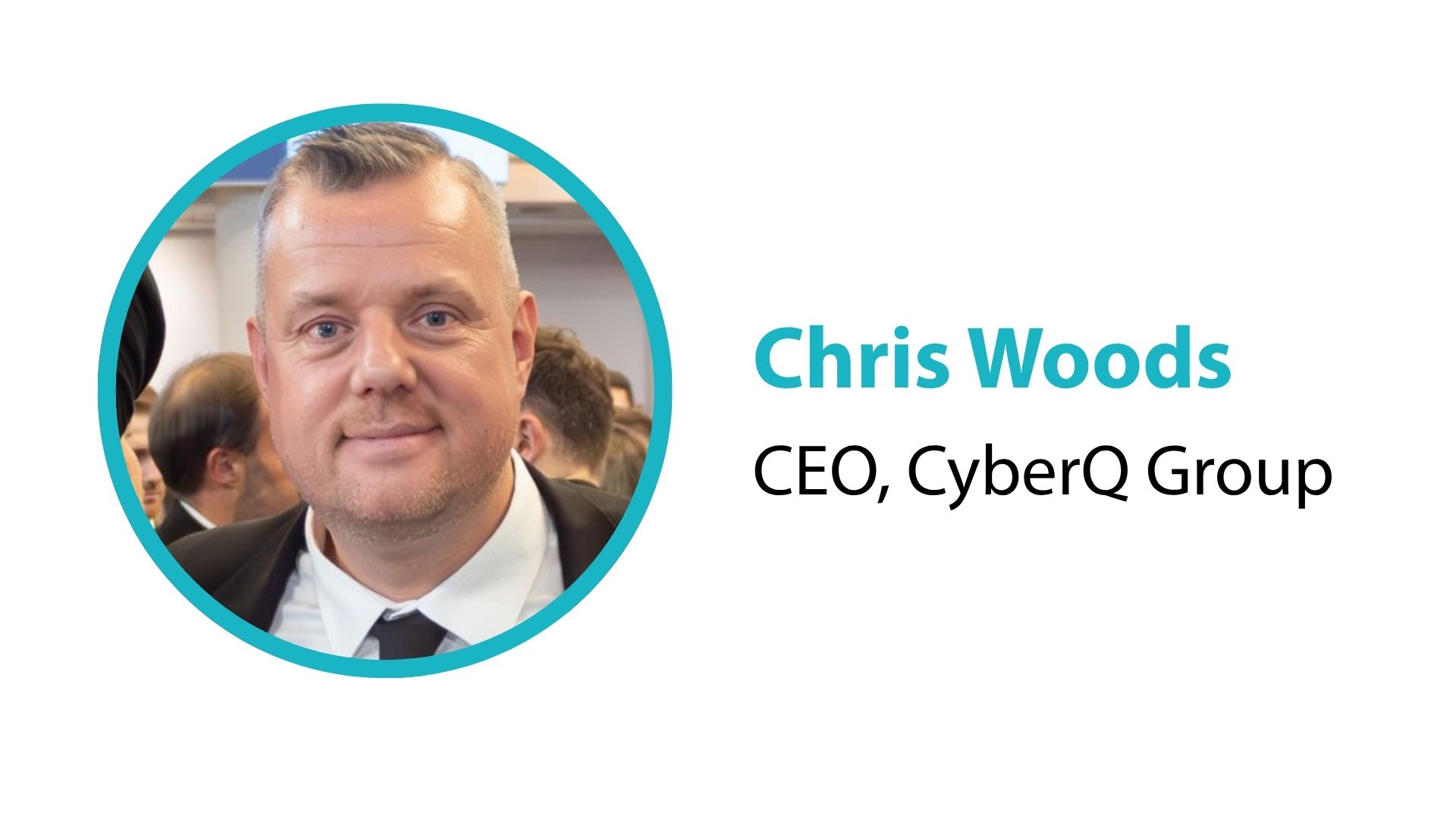“In March 2020, many Europeans began to realise they were being affected by a new virus. Many of those who became infected recovered within the usual timescale and, as Lockdown progressed, some found they were unable to return to normal levels of activity and work. From this emerged a new illness called Long Covid or Post-Covid Syndrome, defined by symptoms that lasted longer than 12 weeks after the acute viral infection of SARS Cov-19”.
In this article, Dr Ben Sinclair (West Midlands GP and Founder of ‘Dr Finlay’s Private Practice’) provides guidance as to how employers should respond to rising Long Covid numbers and questions if the time has come for the introduction of ‘Long Covid’ champions to our schools and workplaces.
(January 2025)
At that time, I was working as a doctor in the Prison Service and developed a Covid infection with the Delta variant in December 2020, having previously managed to avoid infection until that time.
I became very unwell, was in bed for two weeks, and had severe headaches, shivering, confusion, exhaustion and light-headedness the likes of which I had never experienced before. I tried to return to work and to my previous high level of exercise, but I struggled to do so on both counts. By April 2021, I had short-term memory problems, left-sided weakness in my body, difficulty finding words and names, and I spent three months in bed recovering.
During this time, I was able to research and understand the concept of Long Covid in great detail and theorised that the Gut Microbiome, an allergy system, played a key part in the inflammatory response to acute Covid, resulting in subsequent immune suppression and chronic inflammation.
I focused on nutrition, reducing histamine-containing foods and working on building a strong Gut Microbiome. This yielded positive results, and I was able to return to work full-time by Christmas 2021.
Due to developing this expertise, our clinic, Dr Finlay’s Private Practice, of which I am the Founder, set up what we believe was one of the UK’s first online Long Covid recovery services dedicated to supporting some of the estimated 2.5 million people currently affected by Long Covid in the UK.
‘Over 1,000 Long Covid consultations’
Now, over 1,000 consultations later, we have a deep understanding of the effects and causes of Long Covid and are able to treat this challenging condition which is akin to Chronic Fatigue Syndrome.
Individuals share common physical symptoms which are long-lasting – primarily, crushing fatigue, which can arrive after physical exertion, social interactions, or cognitive exertion, eg complex mental work. This fatigue is so debilitating that most patients have to go to bed and may sleep for hours to days to regain basic functions.
This has a massive impact on the patient’s ability to deliver at work. Even when working from home, Long Covid patients are challenged by problems processing auditory and visual information, making video calls (for example, I found I couldn’t see the screen at all during a team meeting).
Physically, sufferers struggle to move themselves due to muscle pains and a feeling in the muscles themselves of utter exhaustion, one that I have only experienced after intense exercise such as a triathlon. This makes attending the workplace challenging and, at the more severe end, patients become bed-bound and require full-time care.
Psychologically, reduced production of neuro-transmitters from the gut causes a chemical feeling of anxiety, insomnia and slower thinking, producing what patients call ‘Brain Fog’, which could be likened to a permanent hangover.
All of these effects are very isolating for the individual, who, fading into the background, will often withdraw from family life, social events and reduce or stop engagement with work and colleagues.
Outwardly, patients can appear well, but this appearance masks the massive effort and rest required to function in public. So, Long Covid is often described as a hidden disability and sadly one that may not be taken seriously by healthcare professionals.
Long Covid patients talk of ‘gas lighting’, ie, others not believing the severity of their symptoms. This has been as a result of a distinct lack of national and regional training for healthcare staff and employers to support this significant patient group. Dr Finlay’s is creating online training modules for HR, employers and healthcare staff to raise awareness of the specific needs of these patients.
Employers should be aware that after acute Covid, 10-20 per cent of their workforce will suffer Long Covid and, as a result, productivity is likely to fall and adjustments must be made to retain staff and allow them to recover.
At Dr Finlay’s, we often advise employers and corporates on how to protect their staff and retain key people as the recovery will make months or years in the most severe cases. All my patients are keen to return to normal life and work and I reject the concept of malingering in this population who are often highly motivated and productive before developing Long Covid.
An employer myself, I need to retain my key team members and have made adjustments for those affected. These adjustments, which can apply to all employers, include reducing hours, allowing for medical appointments in work time, a later start (it’s harder for Long Covid patient to ‘get going’ in the morning), reducing complex processing activity, and managing meetings with shorter duration, clear agendas sent well ahead of schedule and minutes or recordings to aid participation and maximise productivity.
Long Covid sufferers may require a reduced timetable with rest days during the week and will certainly struggle with early or late engagements.
Since the Covid pandemic, long-term sickness and the numbers of those on benefits have risen significantly, with inevitable consequence for, and impact on, the economy.
Lockdown’s impact on mental health was ‘significant’
Females seem disproportionately affected and this may be due to Long Covid’s impact on hormones. There may also be an effect of cardiovascular complications arising from acute Covid as we have seen a consistent increase in death from cardiac causes since the pandemic began. Any chronic condition is made worse by Long Covid, including diabetes, thyroid disorders, arthritis, and other inflammatory conditions.
An unintended consequence of the Lockdown was a significant impact on mental health.
It is well recognised that many of the working population have not fully recovered from the trauma of social isolation, fear of death and being separated from their loved ones at a time when emotional support was key. Some readers will identify with sadness at not being able to say goodbye to relatives who died alone in isolation. The mental-health burden of the post-pandemic era is also significant, contributing to a reluctance of employees to return to the workplace.
Working from home suited introverts, but also robbed us all of key social interaction, accountability and support.
The West Midlands, and Birmingham in particular, have a younger-than-average working population. This generation tends to be more particular about their employment conditions and seek higher levels of wellbeing support from their employers.
This can create a significant challenge for West Midlands employers looking to recruit and retain the younger end of the workforce. Offering flexibility and wellbeing programmes are key to addressing these needs.
Long Covid Champions
In conclusion, sadly, Long Covid numbers are rising as we continue to be afflicted by waves of Omicron infection, which seems to produce more long-lived symptoms.
Contrary to the belief held by some, globally, nationally and regionally in the West Midlands, Long Covid isn’t going away. We must engage with this condition. In the workplace, we now have Menopause Champions and Mental Health first aiders.
Drawing on my own experience as a GP for nearly 20 years and having supported thousands of Long Covid patients through our practice, I would like to propose Long Covid Champions be introduced into schools and workplaces in order to support both employers and employees across the region.
This is a personal blog post. Any opinions, findings, and conclusion or recommendations expressed in this article are those of the authors and do not necessarily reflect the view of the Centre for the New Midlands or any of our associated organisations/individuals.
ABOUT OUR AUTHOR:
Dr Ben Sinclair studied Medicine and Surgery at the University of Leeds then undertook GP training in Yorkshire. He attained membership of the Royal College of General Practice in 2007.
He took a sabbatical, travelling and working in Asia as Medical Director with a local charity in Cambodia, delivering remote primary care services and health training.
On his return to the UK, he developed a portfolio of work including community and emergency GP posts, teaching trainees and developing an interest in Men’s Health.
In 2011, he began offering mobile health screening and promotion to the corporate sector. In parallel, he worked with vulnerable patients in high-security prisons across the UK and improved services using remote technology.
After a brush with malignant Melanoma he recovered from cancer adding complex pain management and a nutritional approach to healing into his work portfolio.
In 2015 he co-founded his first private GP practice in Yorkshire, then in 2018 set up a national clinic group, headquartered in Birmingham, spreading across the country with further clinics in Leeds and London.
In 2021, Dr Sinclair was struck down with Long Covid, having contracted Covid while supporting patients with complex medical conditions in prison. This triggered a journey through Long Covid and recovery which deepened his interest in functional medicine and co-infections, producing one of the first and busiest multi-disciplinary Long Covid clinics in the UK.
Dr Finlay’s now provide online coverage for the whole UK, with international lifestyle consultations also available and offer home visiting around their clinic basis in the Midlands, Yorkshire and Greater London.
Dr Sinclair loves spending time with his wife and family in their local community, running in the woods, enjoying outdoor pursuits and experiencing adventures through travel, food, language and cultural exchange. He aims to live life to the full and continues lifelong learning pushing the boundaries of healthcare.


